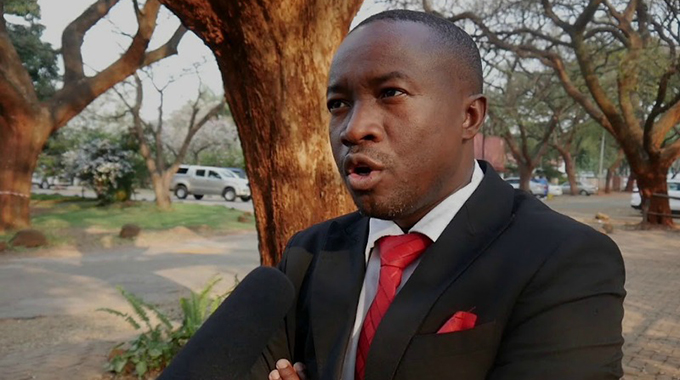(SPONSORED) Plight of an African Child
Blessed Nhodza
Today is globally recognized as the International Day of the African Child. It was set aside to focus attention on the barriers African children face in their quest to receive quality education.
On 16 June, 1971 more than 20, 000 South African students in the township of Soweto took to the streets – demanding to be taught in their own language.
Rather than attend to their demands, armed police officers responded by murdering hundreds of them. This day is now a public holiday in South Africa referred to as Youth Day.
Almost four decades after this unfortunate incident, the African child still suffers from lack of quality education. Many children from Africa are excluded from school and instead, because of poverty, work to support their families.
Experts estimate that a total of 30 million children in sub-Saharan Africa do not attend school, whilst 54% of them are girls.
In 2020, the theme of this celebration is “access to a child-friendly justice system in Africa”. In a socio-economic environment dominated by poverty, economic and socio-political instability, the African child is usually subjected to many social ills.
Children are being robbed of their rights, not only abused in war situations, but in fact there are many practices in some African countries’ which violate children’s rights in their day to day living.
Such heinous practices include, but not limited to, child trafficking, child labor, child marriages and sexual abuse. All these social ills are deeply entrenched in different African traditions and cultures.
Society still has a long way to go in terms of preventing child abuse and it will take some time for positive change to be seen.
It is interesting to note that in 1990, the Organization of African Unity, (now African Union) adopted The African Charter on the Rights and Welfare of the Child (ACRWC), a regional human rights treaty which defines principles for the status of children.
It eventually came into practice in 1999. Although only 7 out of 54 African countries are yet to adopt the ACRWC, the African child is still largely without a right to anything, including life.
Today, thousands of African children who should be in schools are languishing in some jungles fighting a war they know not as child soldiers, whilst others are trapped in terrorist camps and used as suicide bombers.
Still, many more are dying of hunger because their countries are devastated by war and their parents are unable to provide for them. A lot more African children are deprived of quality education, the very same issue that led to the 1971 uprising that left many dead in South Africa.
A report on the Africa’s progress on the SDGs and Agenda 2063 showed that 83% of children (1-4 years old) faced physical punishment and/or psychological aggression by caregivers.
Efforts are being made in Zimbabwe by various sectors, including government and civil society, but a lot still needs to be done for addressing the plight of children.
According to the 2019 Global Childhood Report, 1 in every 4 is being denied the right to an ideal childhood – a time of life that should be safe for growing, learning and playing.
These rights enable children to reach their fullest potential like education, play and leisure, cultural activities, access to information and freedom of thought, conscience and religion.
As Africa celebrates the day each year, especially this year, it is important for the governments to reflect on these challenges that affect children in their everyday lives, particularly in line with the adage “children of today are leaders of tomorrow”.








Comments